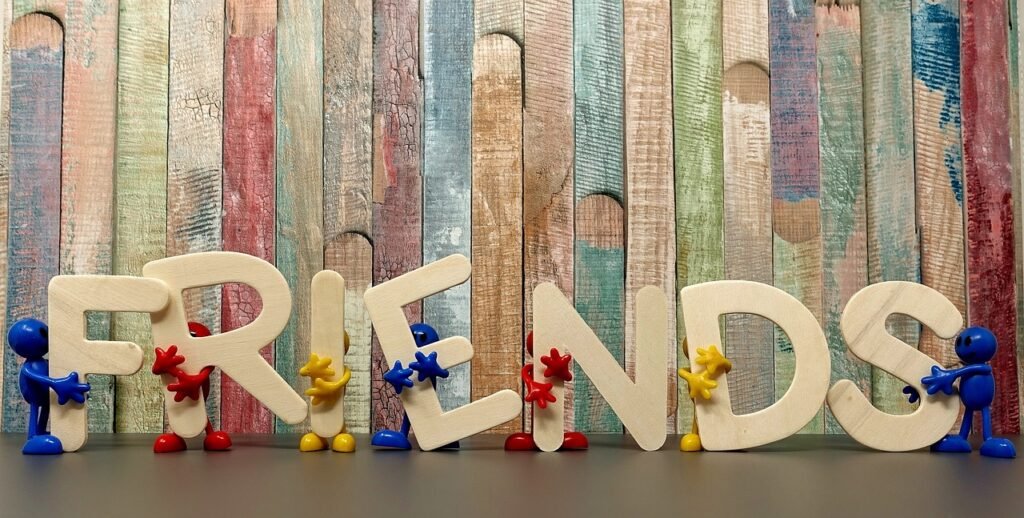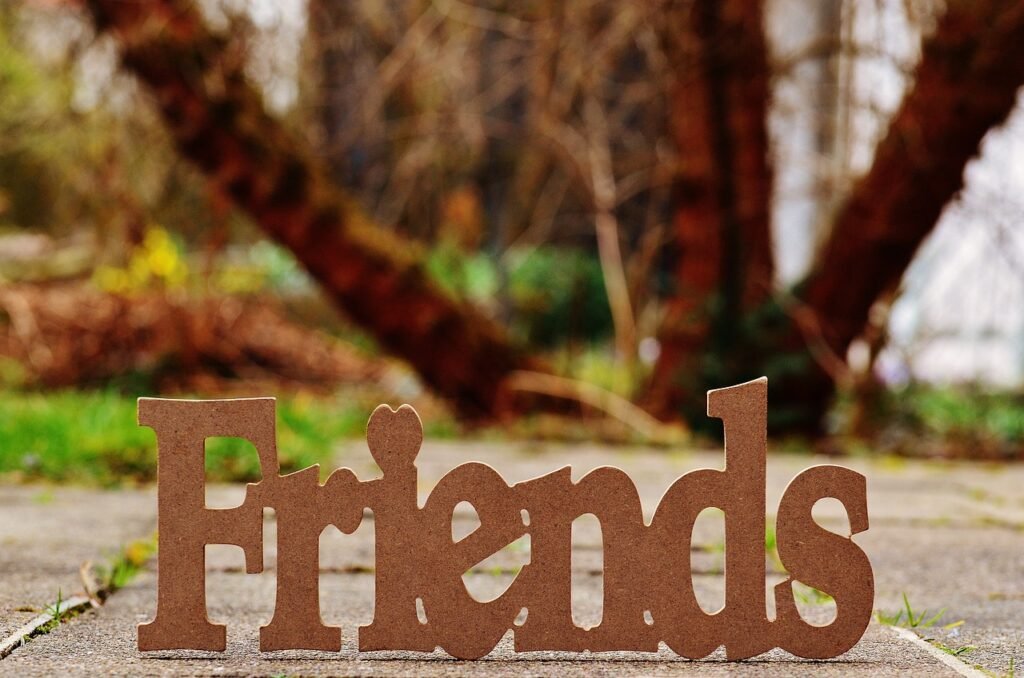Signs of Toxic Friendships You Shouldn’t Ignore: Protecting Your Well-being
Friendships are vital for our emotional well-being, providing support, companionship, and joy. However, not all friendships are positive. Some can be toxic, draining, and detrimental to our mental health. It’s essential to recognize the signs of toxic friendships and take steps to protect ourselves. In this article, we’ll explore five common signs of toxic friendships and strategies for dealing with them.

Constant Negativity:
Toxic friends often bring a cloud of negativity wherever they go. They may constantly complain, criticize, or belittle others, including you. They rarely have anything positive to say and may even undermine your achievements or happiness. Engaging with constant negativity can weigh heavily on your mental well-being, leading to increased stress and anxiety.
- Recognizing the Sign: Pay attention to the overall tone of your interactions with your friend. Are they primarily negative? Do you feel drained or depleted after spending time with them?
- Dealing with It: Set boundaries to protect your energy. Limit your exposure to negative conversations or gently redirect them towards more positive topics. Encourage your friend to seek professional help if their negativity stems from underlying issues.
Lack of Reciprocity:
Healthy friendships are built on mutual respect, support, and reciprocity. However, toxic friends may consistently take without giving back. They may only reach out when they need something from you, whether it’s emotional support, favors, or resources. When you’re the one in need, they may be unavailable or dismissive.
- Recognizing the Sign: Reflect on the balance of give and take in your friendship. Are you always the one making sacrifices or offering support? Do you feel valued and appreciated by your friend?
- Dealing with It: Communicate your feelings openly and honestly with your friend. Express your need for reciprocity in the relationship and see how they respond. If they continue to take without giving, consider whether the friendship is worth maintaining in its current form.

Manipulative Behavior:
Toxic friends may use manipulation tactics to control or influence you. They may guilt-trip you into doing things you’re not comfortable with, play mind games, or use emotional blackmail to get their way. Manipulative behavior erodes trust and undermines the foundation of a healthy friendship.
- Recognizing the Sign: Pay attention to subtle signs of manipulation, such as feeling pressured or guilt-tripped into making decisions. Trust your instincts if something feels off or if your friend’s behavior seems calculated.
- Dealing with It: Practice assertiveness and set firm boundaries to protect yourself from manipulation. Refuse to engage in behavior that makes you uncomfortable and assert your right to make your own choices. If the manipulation persists, consider distancing yourself from the friendship.
Jealousy and Competition:
Toxic friends may view your successes as threats to their own self-esteem or status. They may become jealous or competitive, undermining your achievements or trying to one-up you at every opportunity. Instead of celebrating your victories, they may downplay them or seek to diminish your accomplishments.
- Recognizing the Sign: Notice how your friend reacts to your successes or good news. Are they genuinely happy for you, or do they seem resentful or dismissive? Do they always try to shift the focus back to themselves?
- Dealing with It: Address the issue directly with your friend, expressing how their behavior makes you feel. Reinforce the idea that your successes don’t diminish theirs and that there’s enough room for both of you to thrive. However, if the jealousy and competition persist, it may be necessary to reevaluate the friendship.
Emotional Drain:
Toxic friendships can leave you feeling emotionally exhausted and depleted. Instead of feeling uplifted and supported, you may find yourself constantly on edge, walking on eggshells, or trying to appease your friend to avoid conflict. Over time, this emotional drain can take a toll on your mental health and well-being.
- Recognizing the Sign: Pay attention to how you feel after spending time with your friend. Do you feel energized and uplifted, or drained and depleted? Notice any patterns of behavior that leave you feeling emotionally exhausted.
- Dealing with It: Prioritize self-care and set boundaries to protect your emotional well-being. Surround yourself with supportive friends who lift you up rather than drag you down. If necessary, seek guidance from a therapist or counselor to navigate the complexities of toxic friendships.

Recognizing and addressing toxic friendships is essential for safeguarding your well-being and maintaining healthy relationships. By understanding the signs of toxicity and taking proactive steps to protect yourself, you can cultivate friendships that nurture and support you on your journey through life. Remember that it’s okay to prioritize your own happiness and walk away from relationships that no longer serve you. Your mental health and well-being deserve to be prioritized and protected.






